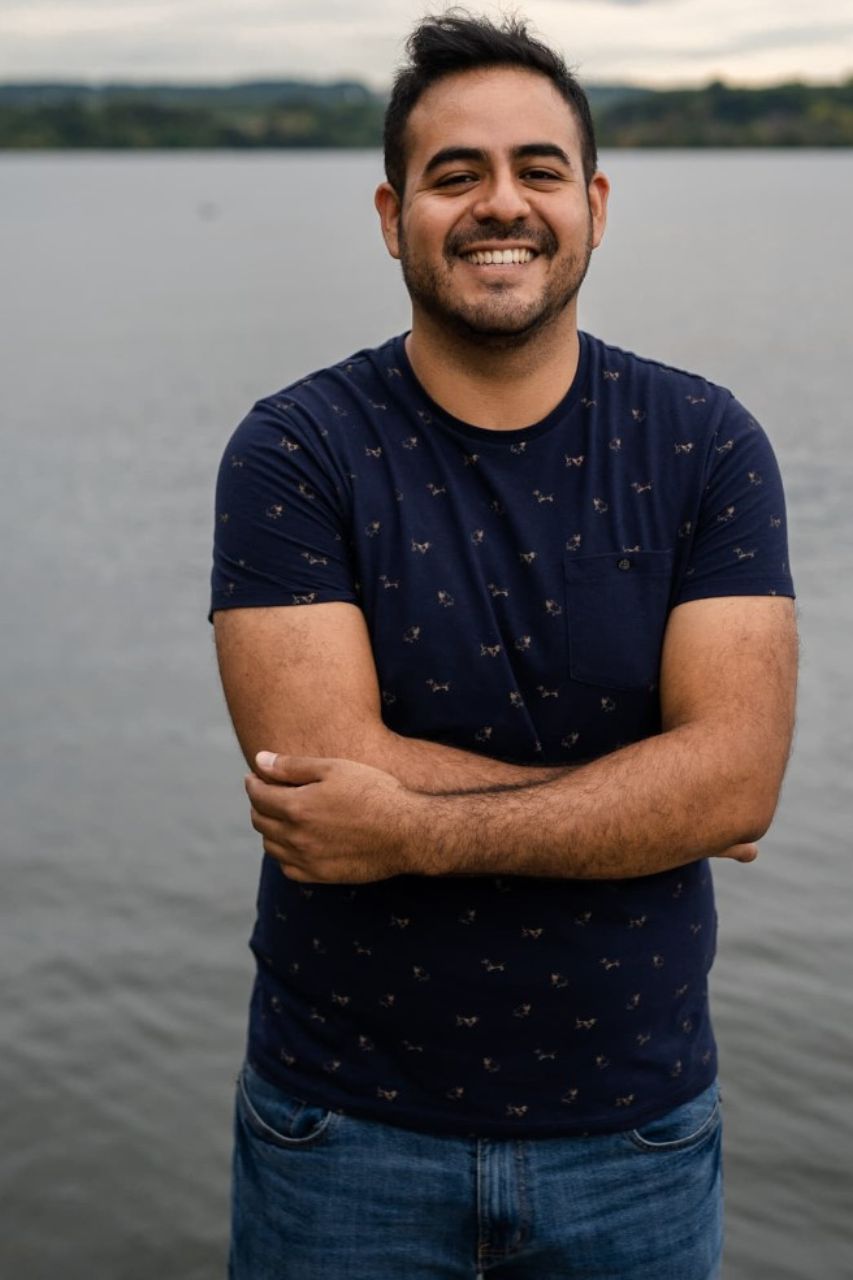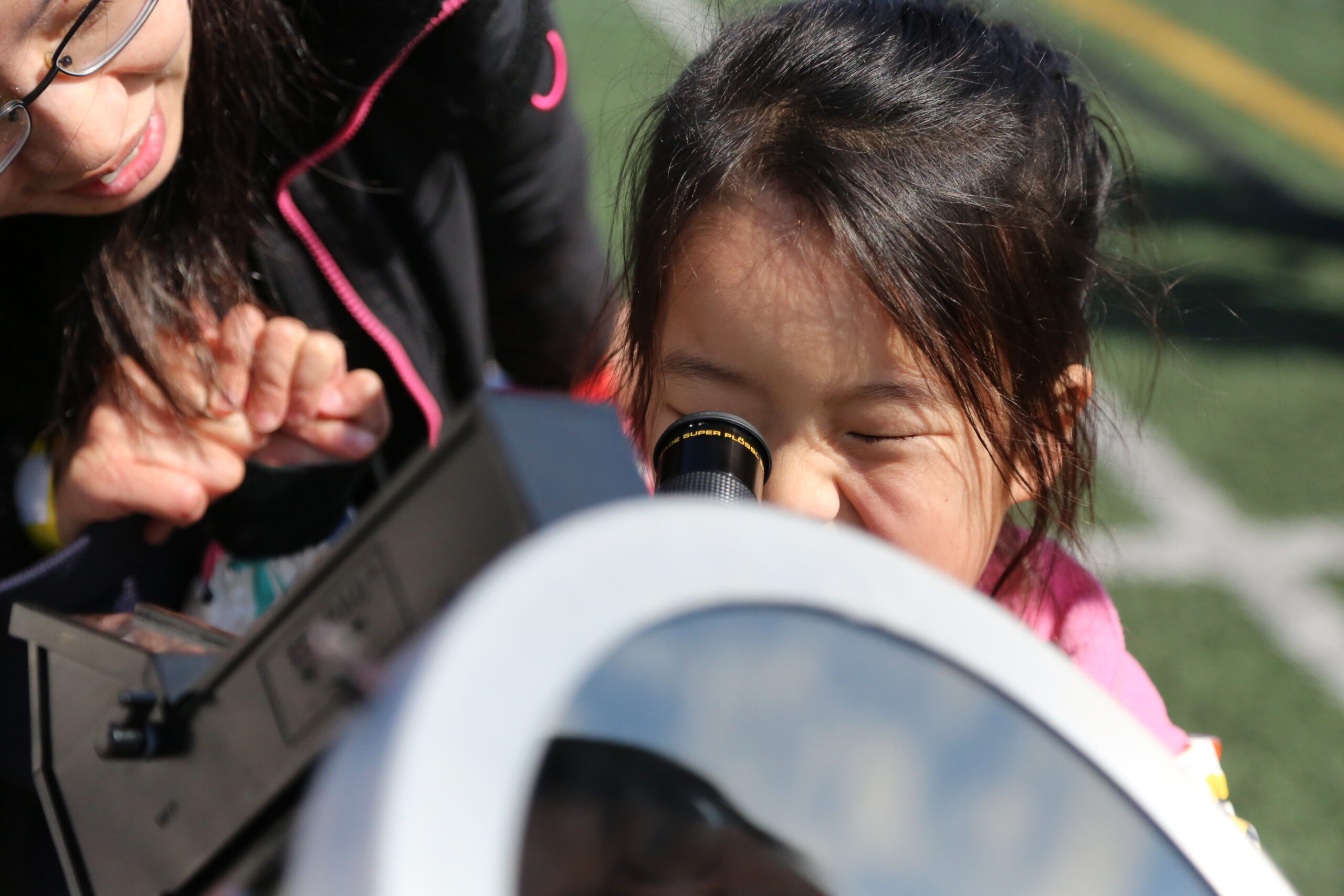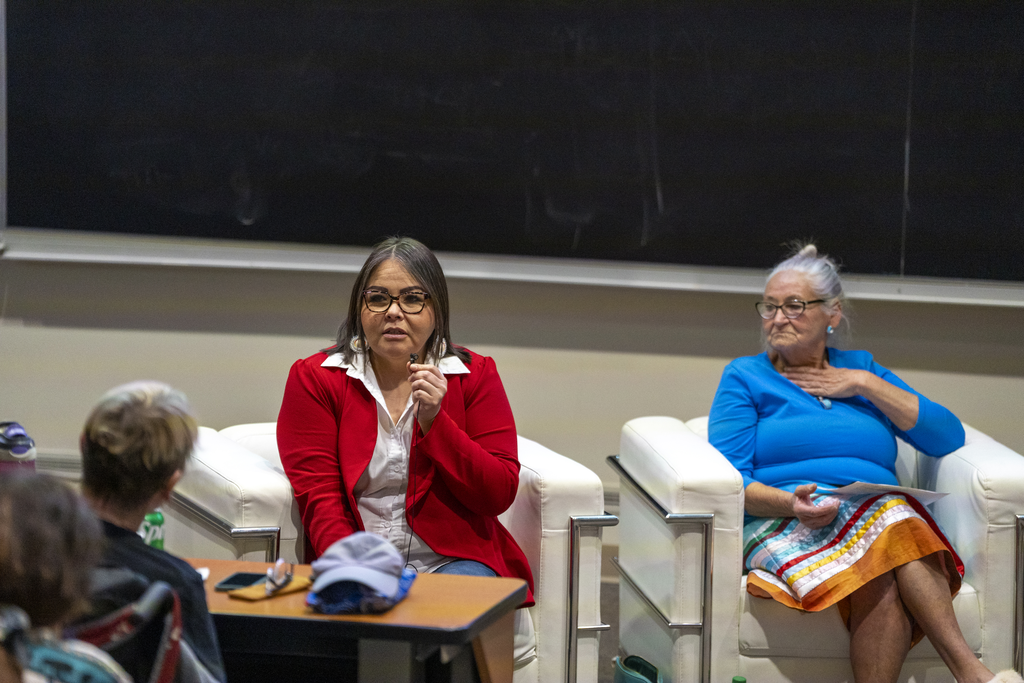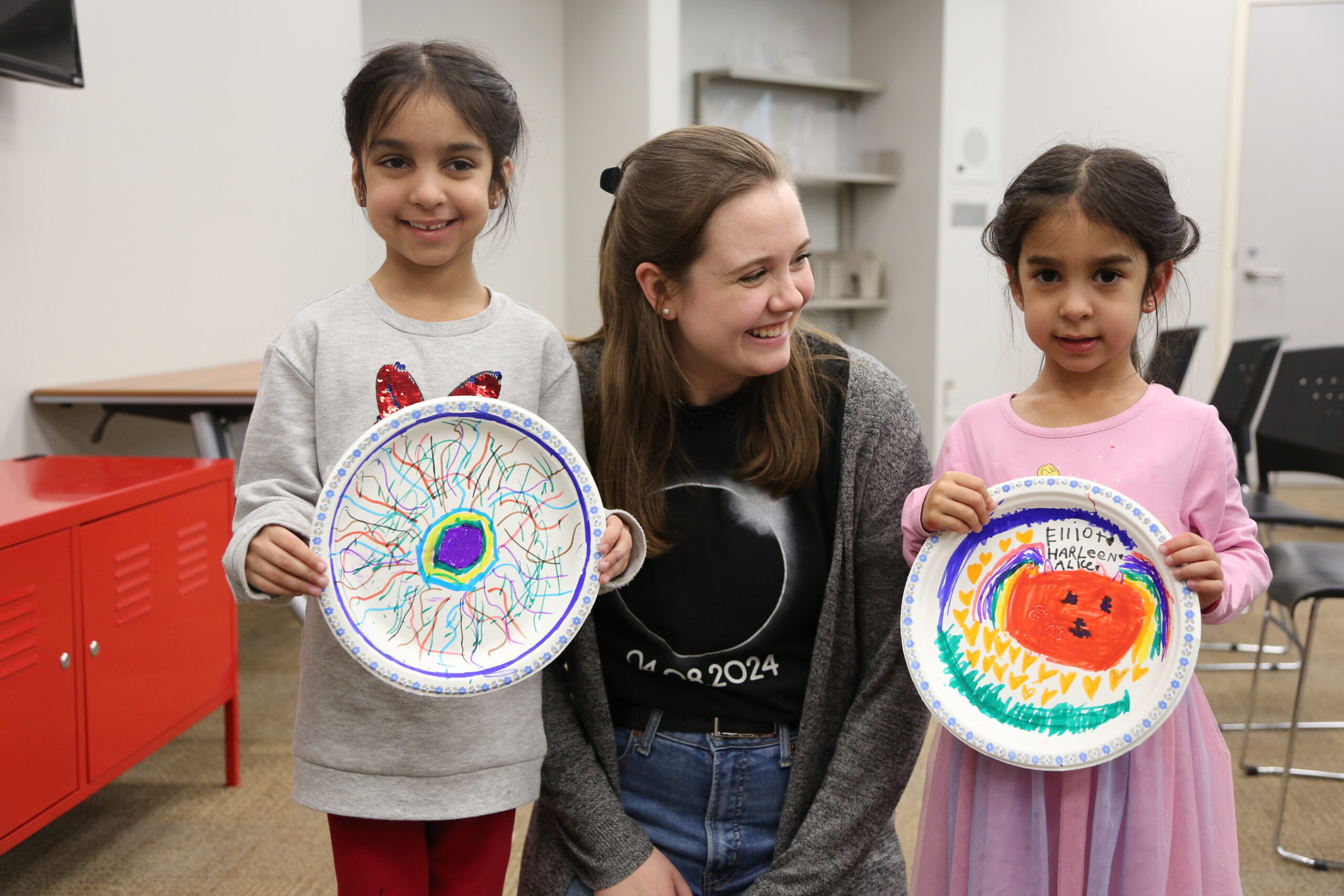Postdoc Joins Dean’s Office to Help Advance EDI

Postdoctoral Fellow Rodrigo Narro Pérez has joined the Office of the Dean to help faculty and staff with their equity, diversity and inclusion initiatives.
Rodrigo recently completed his PhD in Earth and Environmental Sciences in School of Earth, Environment & Society under the supervision of Carolyn Eyles. Rodrigo’s research focused on understanding the impact that retreating tropical glaciers will have in the Cordillera Blanca, part of the northern Andes in Perú
Rodrigo has served as one of the Co-Conveners for the Race, Racialization and Racism (R3) Working Group of the President’s Advisory Committee for Building an Inclusive Community. Working alongside Juliet Daniel and Daniel Coleman, Rodrigo addresses issues of race and racism across the campus community. He was also a member of the Equity, Diversity and Inclusion Task Force for the Society of Teaching and Learning in Higher Education (STLHE) and currently serves on the Board of Directors with the Hamilton Anti-Racism Resource Centre (HARRC). Rodrigo also served on the McMaster Students Union and McMaster Science Society as an undergraduate student.
Rodrigo most recently co-founded the Latin American Network at McMaster University (LANMU) with faculty members, staff and students from across campus. The network’s mission is to expand supports to the Latin American/Latinx community at McMaster and elevate research and teaching related to Latin America and its peoples.
What will you be working on in your new role?
I’m in the unique position of advancing equity, anti-racism and justice work in both the Faculty of Science and the Office of the Vice-Provost (Faculty) Doing work within the Faculty while also supporting work across campus is very exciting.
I’ll be working on a variety of initiatives in the Faculty of Science. Every Department and School is at various stages regarding this type of work and will have distinct needs and priority areas. I’ll be providing advice, feedback and guidance as each unit moves forward with their initiatives and planning regarding equity, inclusion, anti-racism, accessibility and Indigeneity.
One thing that I am passionate about, and is a research area of mine, is looking at how we integrate anti-racist, inclusive and accessible pedagogies in the undergraduate science curriculum. Recently, Kalai Saravanamuttu (Chemistry & Chemical Biology) and I were awarded a small grant to support this research and I’m excited to work on this in the coming months.
I also hope to explore how we can support the success of racialized students in the Faculty of Science and do equitable and purposeful outreach in our local Hamilton community. In particular, I plan on working alongside the McMaster Access Strategy that assists academically qualified students from equity-deserving groups in Hamilton and surrounding communities to access university education. The Access Strategy has identified students who are Black, Indigenous and Latinx/Latin American, and intersecting identities, as priority groups and I’d love to work with youth in these communities and build pathways to McMaster and our Faculty of Science.
What drives your commitment to EDI?
I was born in Perú and immigrated here when I was 10 years old. My family and I faced racism and xenophobia as soon as we arrived. Within a week of starting work in Canada, my dad was told ‘to go back to México’. Those experiences, as well as those through my education, marked my understanding of how people would treat me based on my skin colour.
We all belong to communities and I think many folks have forgotten that. You do not have to experience certain discrimination and hardship to acknowledge injustice and stand up for others. I have learned that a community based approach is essential in this type of work and that and if we take care of one another and support one another in this type of work then it can become filled in solidarity and care. This work is ongoing and does not end when we step outside campus, it is something that all of us should strive to do in our lives every day.
It’s also important to acknowledge that I am inspired by folks who have come before me and have been doing this work for a long time. I am lucky to have colleagues and mentors who have inspired me and encouraged me to be an active agent of change.
Why is it important to build an equitable, inclusive and anti-racist Faculty of Science?
We know that excellent science occurs when scientific teams are comprised of individuals with different backgrounds and experiences. Despite this, scientific disciplines in Canada and the U.S. are not diverse, and have changed very little in the last couple of decades. We know that not everyone is afforded the same research and learning opportunities due to race, gender, sexual orientation, disability and class. Systemic and structural barriers and procedures, many of which often are historical, detract racialized, disabled, queer and low-income students from pursuing a career in the sciences. In addition, there is plenty of research that shows that representation is integral for student success. In the U.S., there is a lot of research that shows that when students see themselves in the faculty complement, they are more likely to pursue similar research interests and see themselves as a scientist. In addition, not every student can afford to ‘volunteer’ in a research lab, understanding this and ensuring all students can have research opportunities is important. An equitable, inclusive, diverse and anti-racist Faculty of Science is a goal that everyone should strive for. This will allow all students, staff and faculty members to reach their full potential and contribute to the great scientific research, teaching and learning that occurs and that can occur within our Faculty of Science.
Welcome Rodrigo at narrora@mcmcaster.ca.
Related News
News Listing

Physics and Astronomy grad students offer out-of-this-world view at total solar eclipse viewing party
Community, Engagement excellence, Graduate students
April 8, 2024

The greatest of love stories: Panel shares Indigenous perspectives on the eclipse and astronomy
Community, Faculty, Outreach, science communication
April 8, 2024

